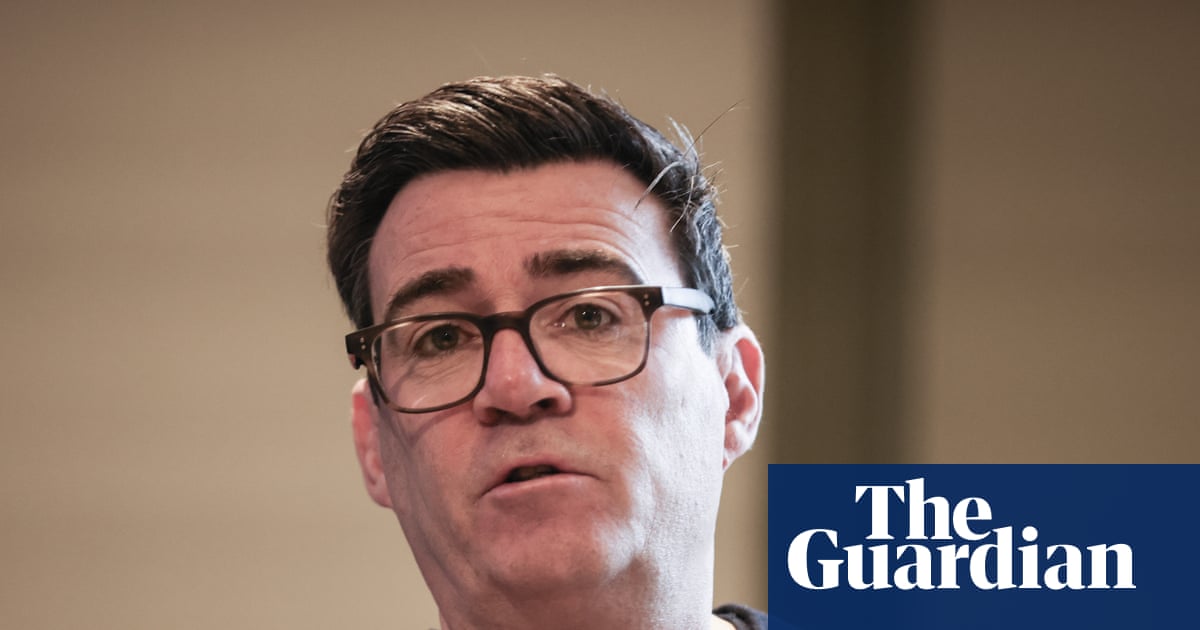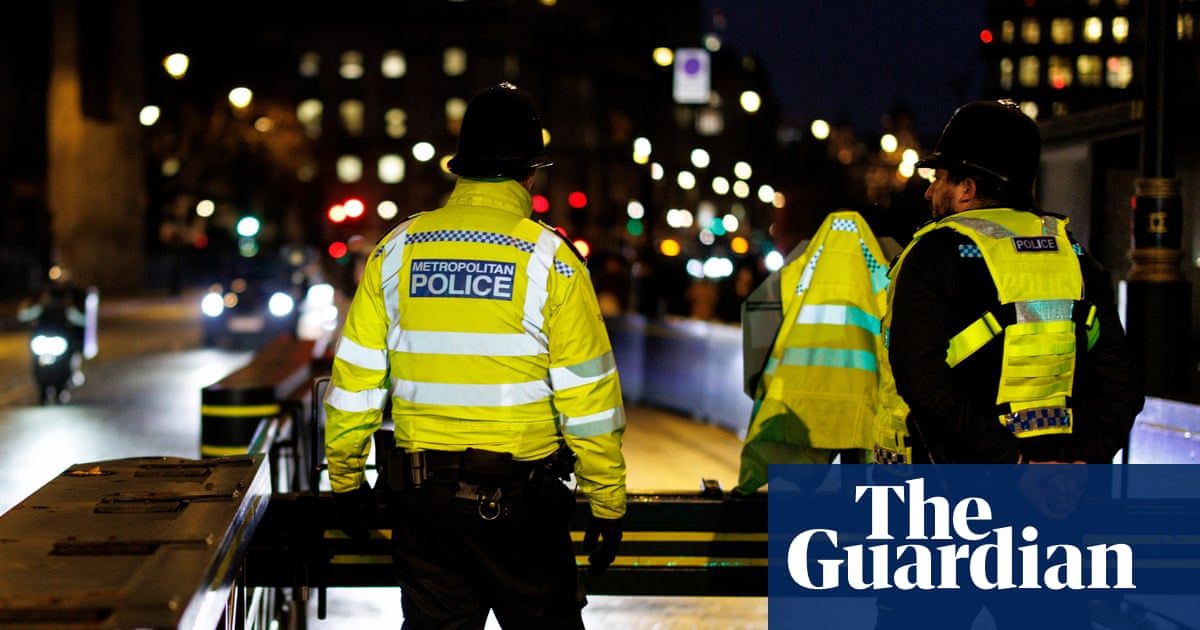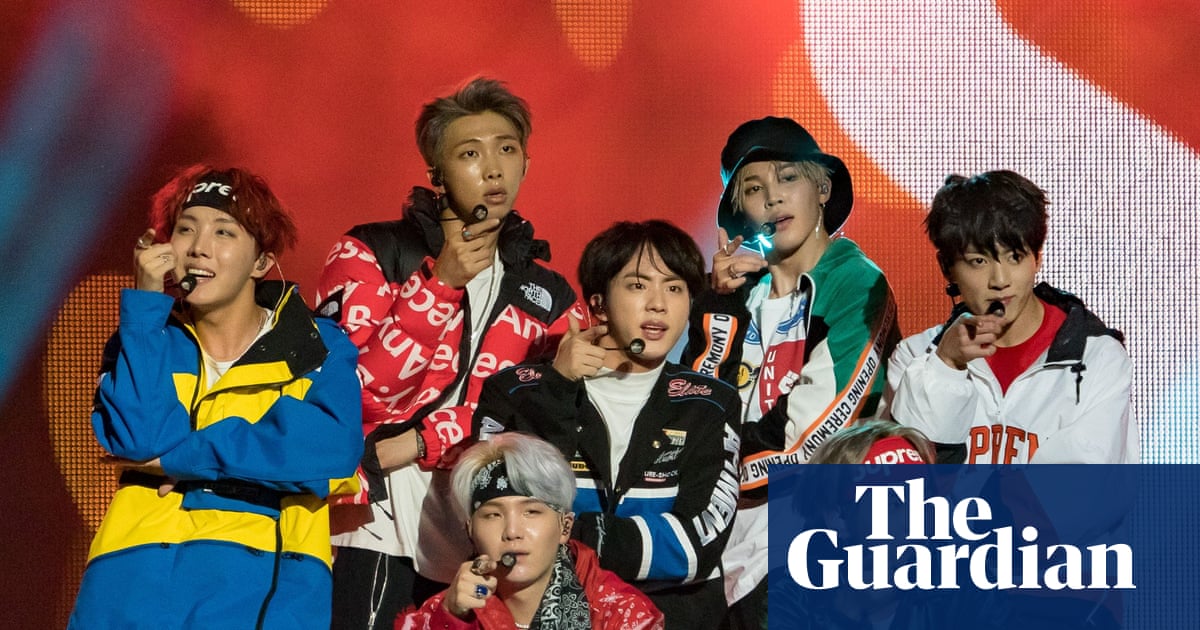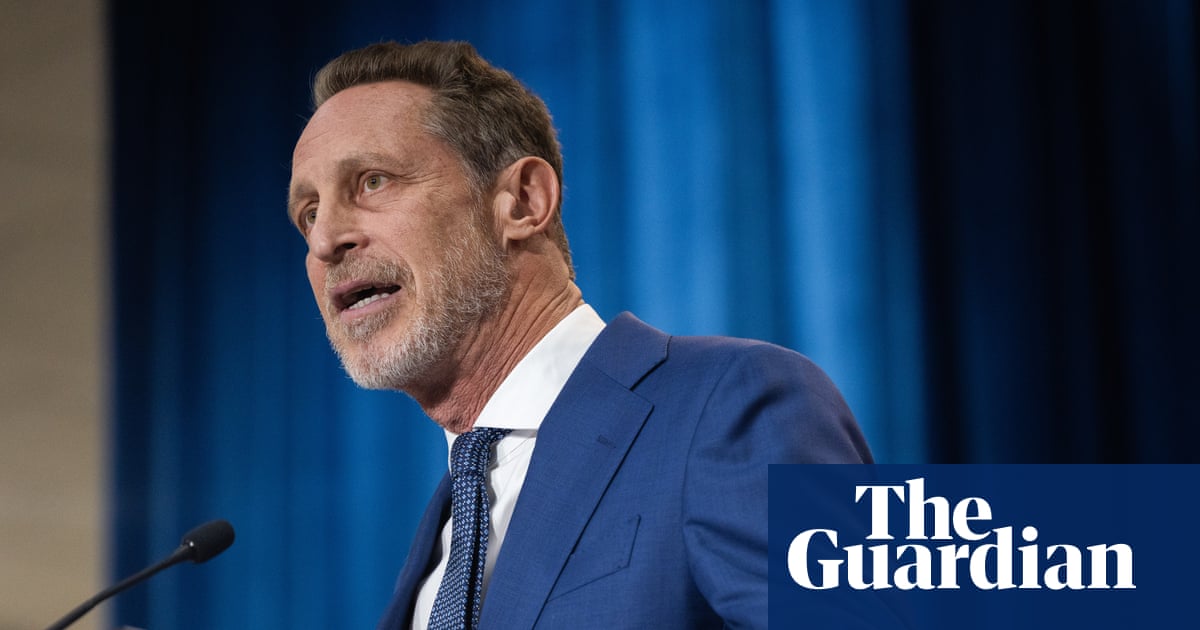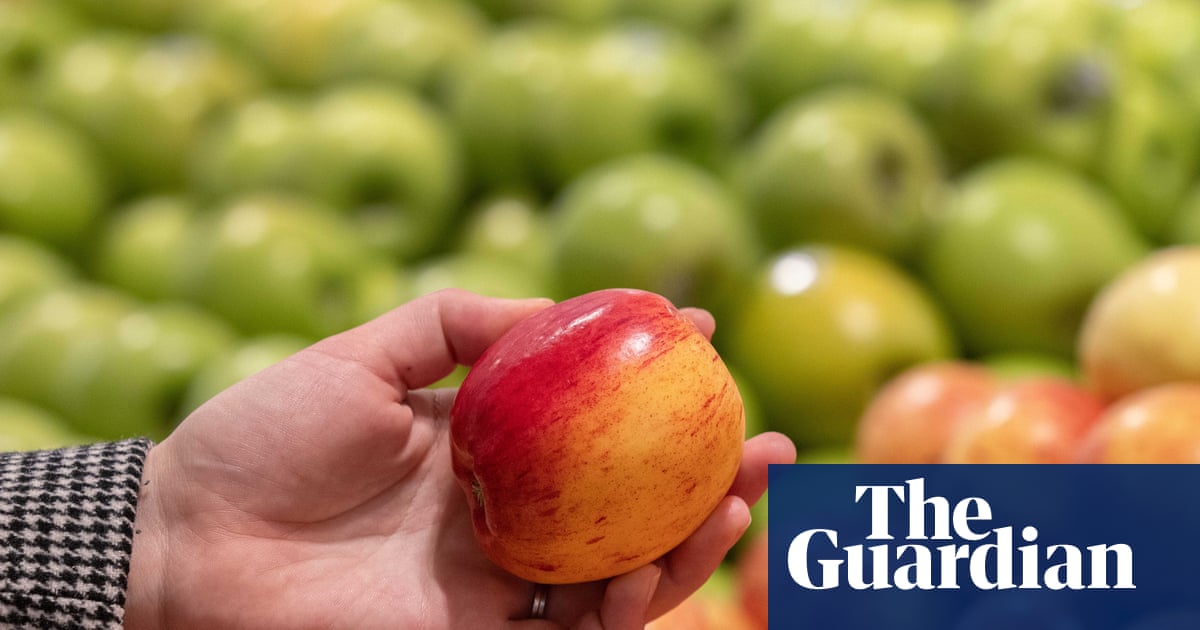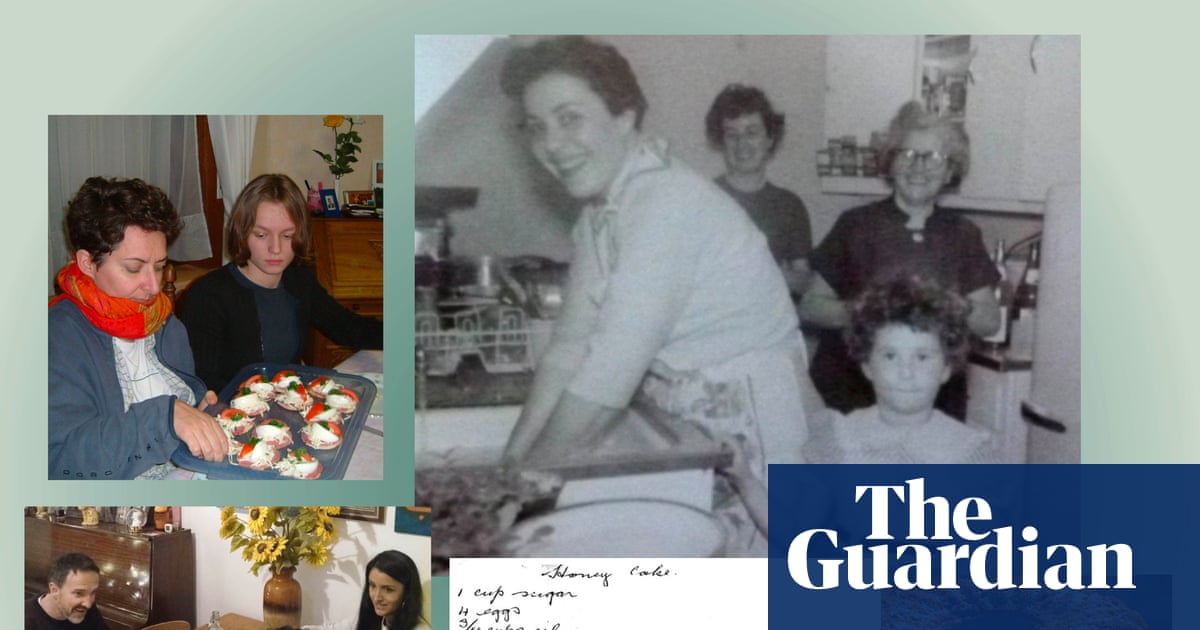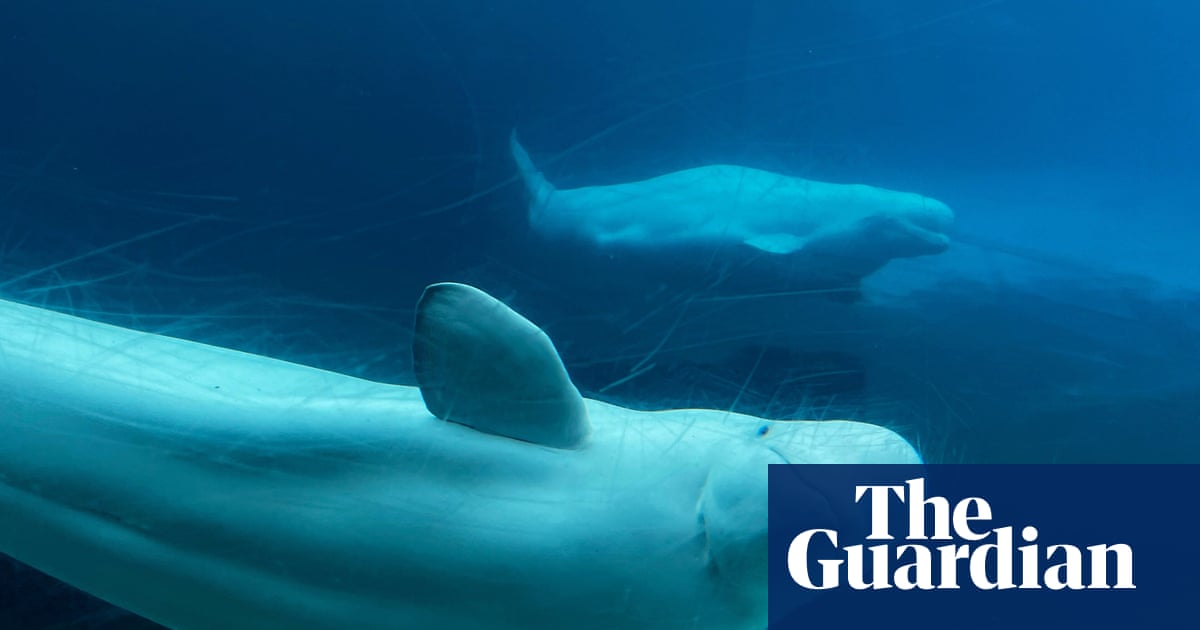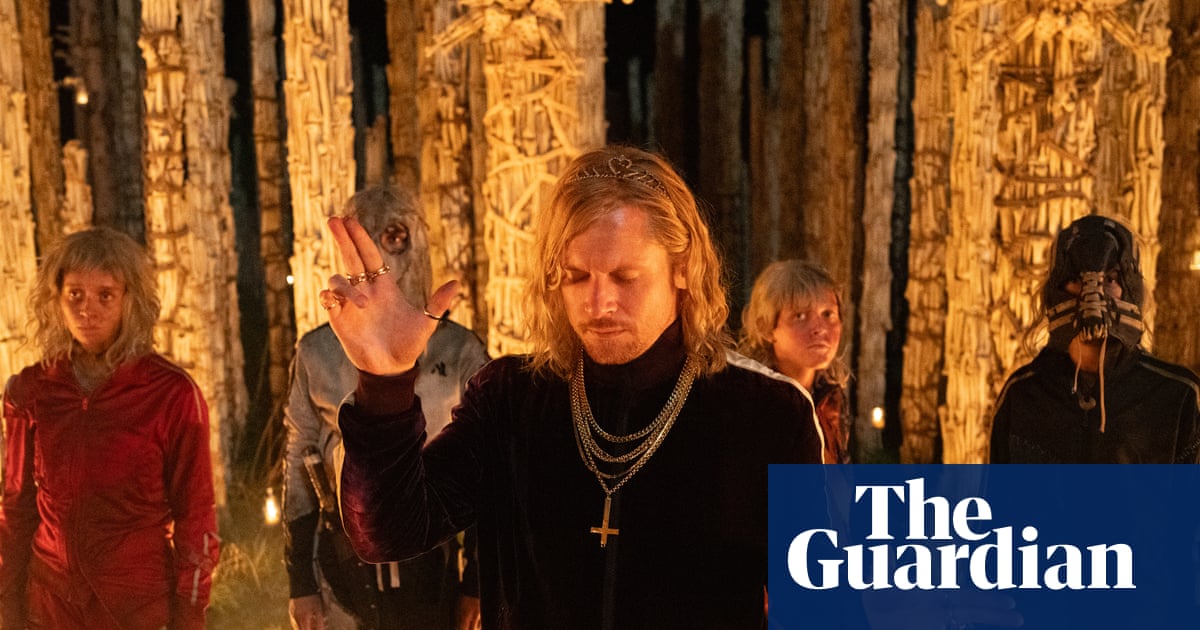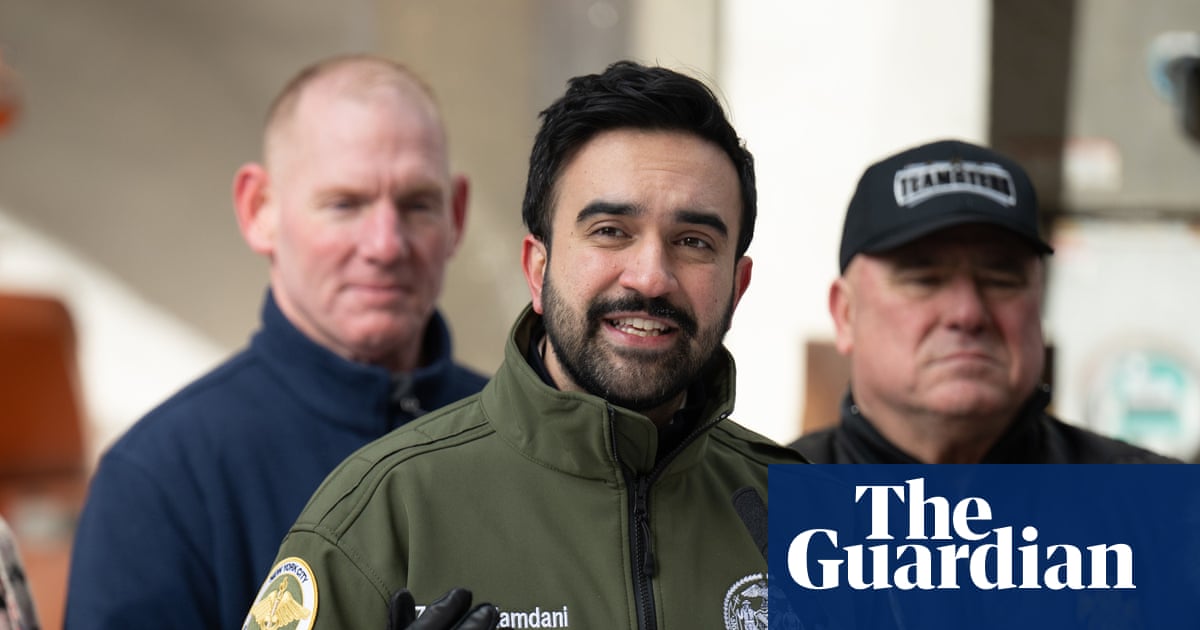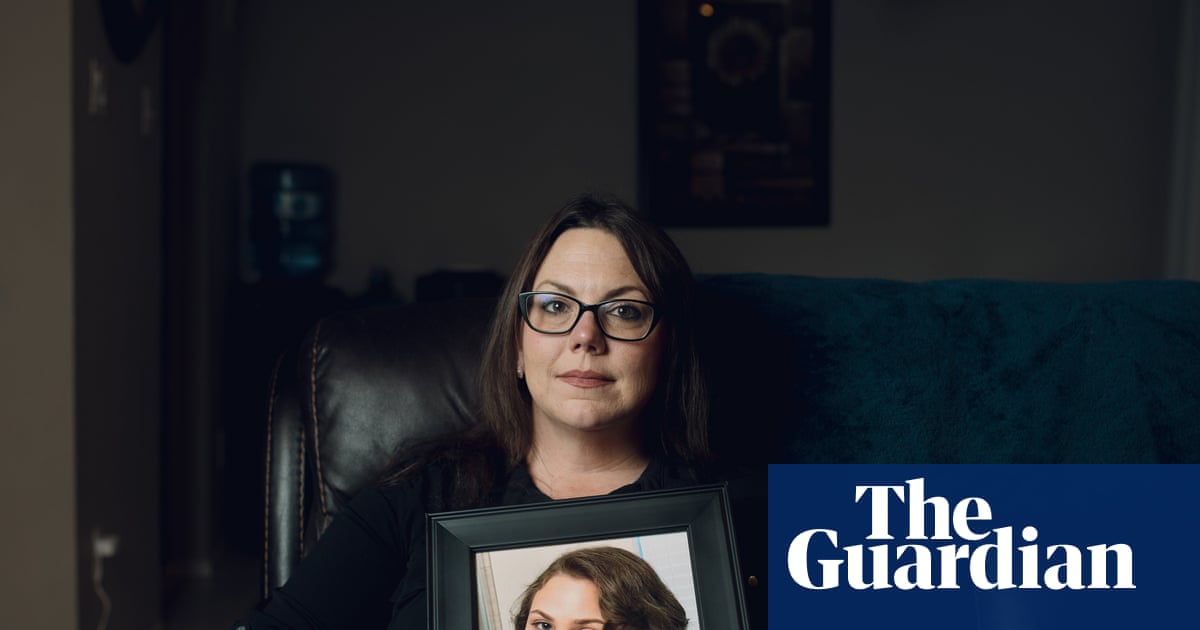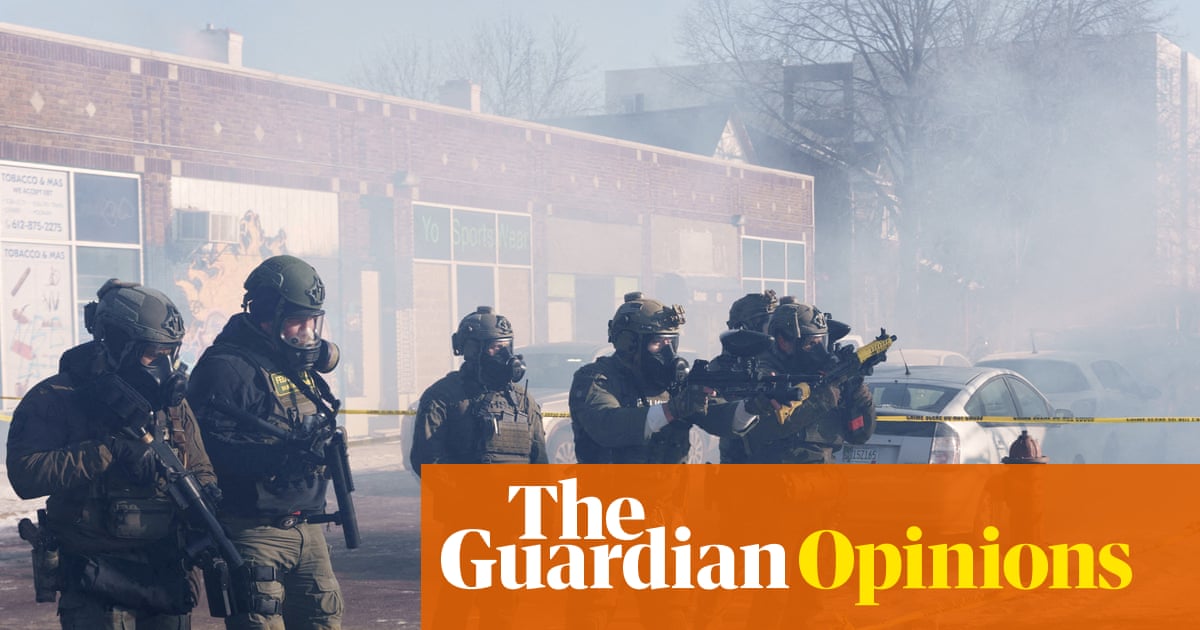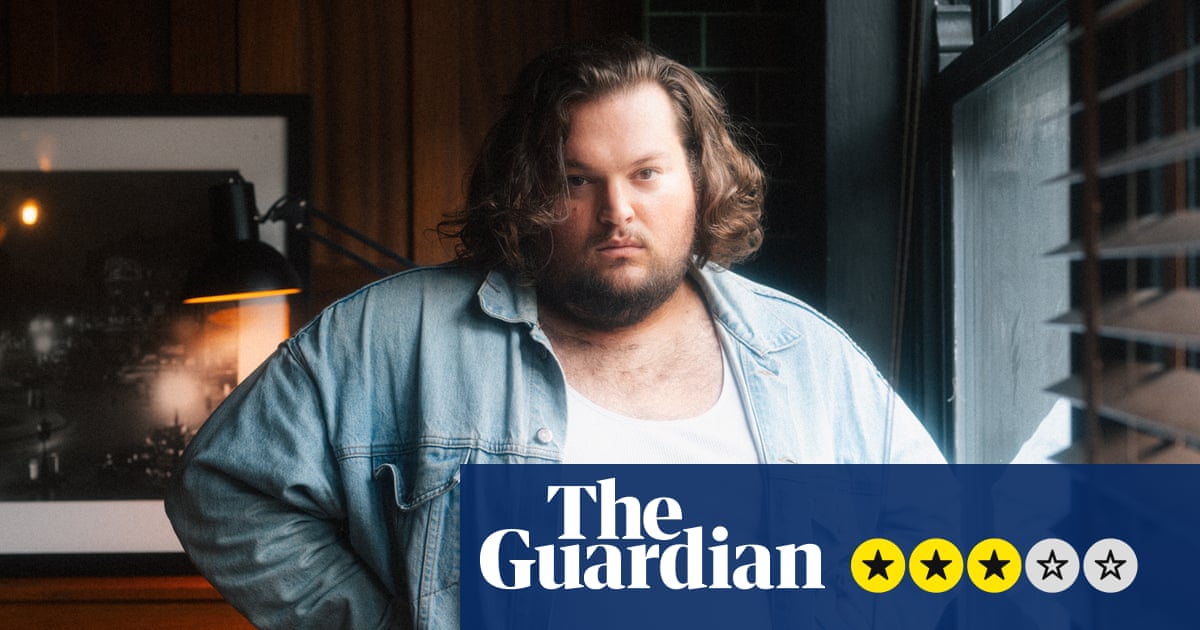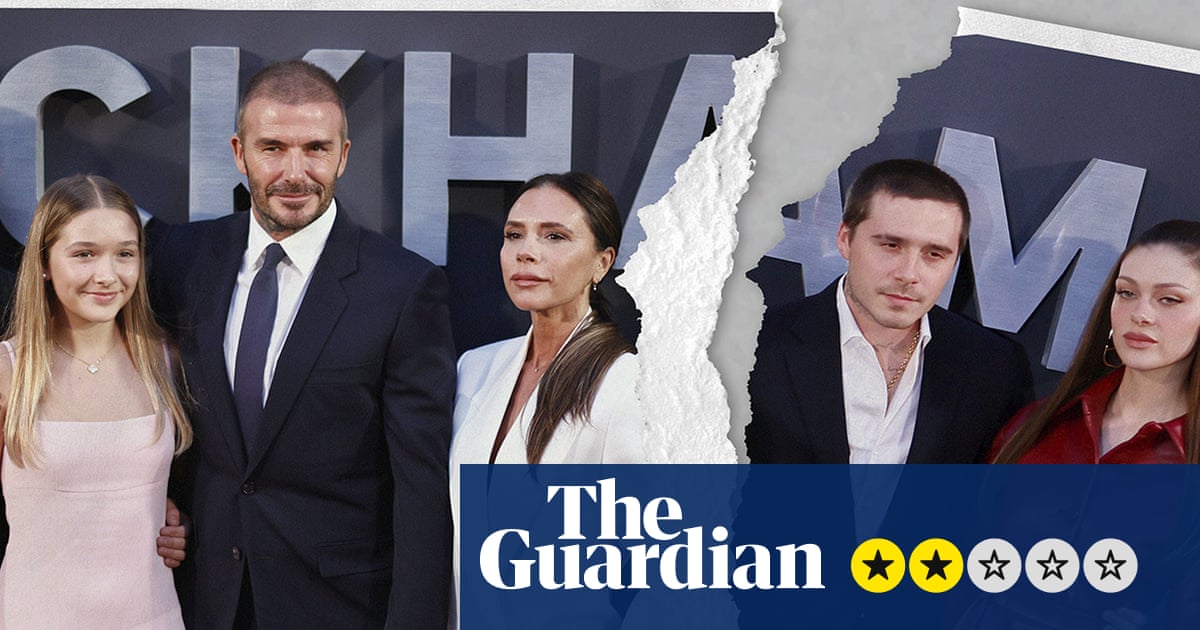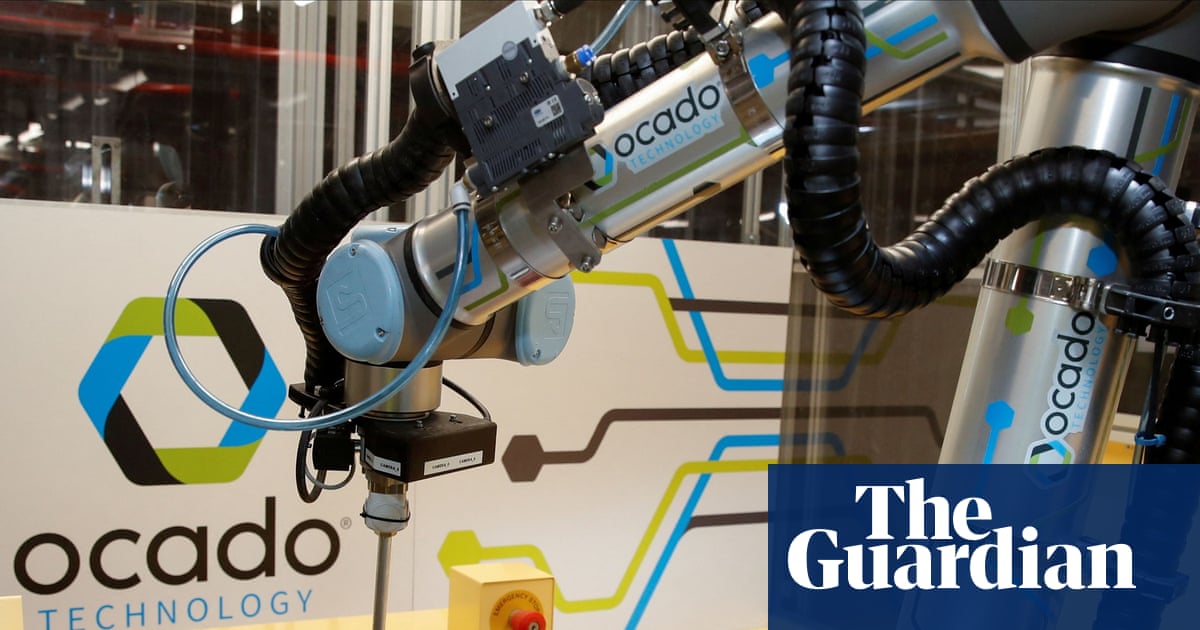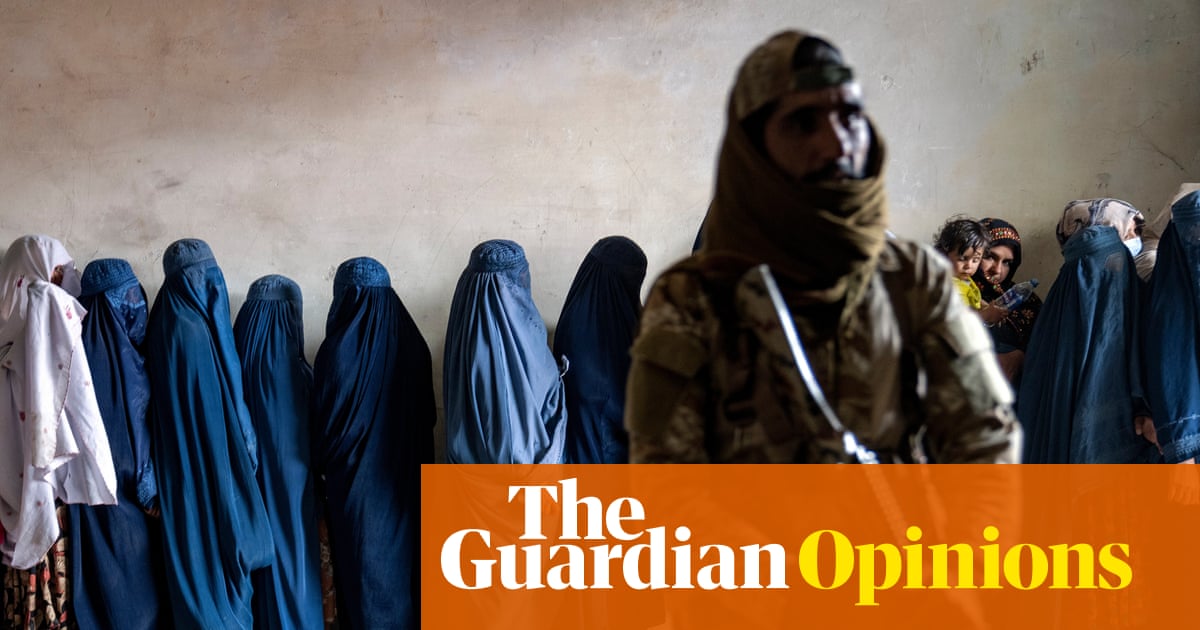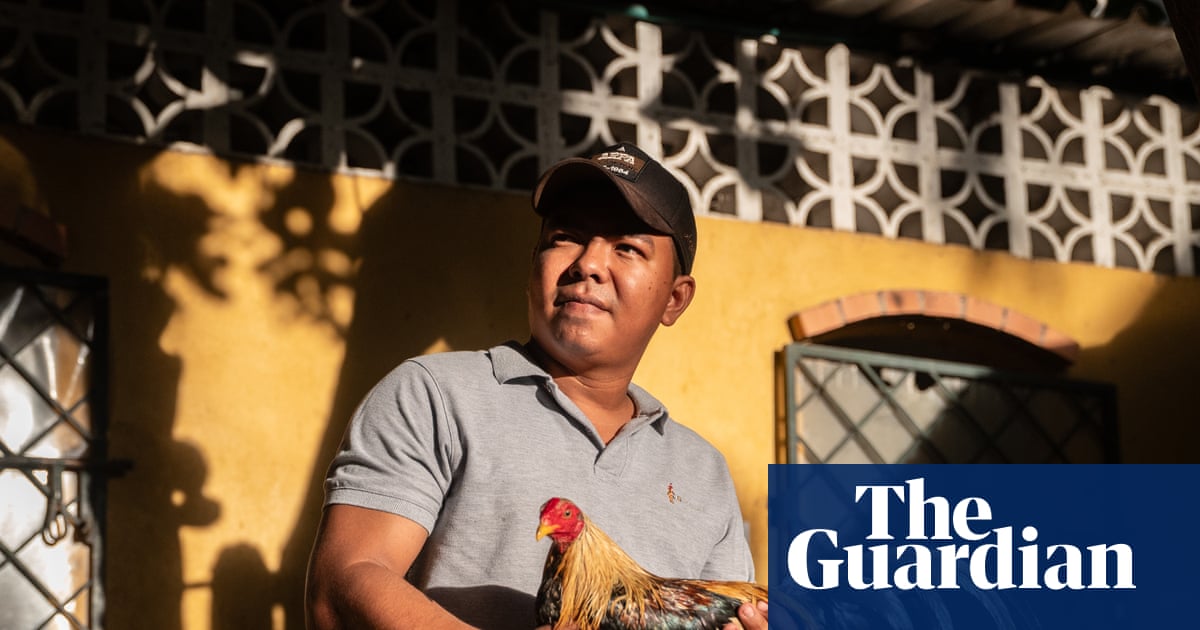Shipping containers, cruise ships, river boats, schools and even army barracks have been pressed into service as accommodation for the 50,000 plus people descending on the Amazon: this year’s Cop30 climate summit is going to be, in many ways, an unconventional one.
Located in Belém, a small city at the mouth of the Amazon river, the Brazilian hosts have been criticised for the exorbitant cost of scarce hotel rooms and hastily vacated apartments. Many delegations have slimmed down their presence, while business leaders have decamped to hold their own events in São Paulo and Rio de Janeiro.
But Brazil has held steady to its plan. Cop30 will bear the host country’s stamp to a far greater extent than most of the annual “conference of the parties” meetings, in the first return for Cop to the country where it began in 1992, when the UN framework convention on climate change (UNFCCC) was signed at the landmark Earth summit in Rio.
For a start, heads of state and government, including theUK’s Keir Starmer, Germany’s Friedrich Merz, the EU’s Ursula von der Leyen, came early, a few days before the formal start of the conference. For many, descending over the rainy city of Belém was their first up-close glimpse of the planet’s rapidly shrinking green lungs.
The series of roundtables they held over two days would, it was hoped, galvanise action from the ministers and high-ranking officials from 195 countries who will meet over the next two weeks.
Brazil’s changes to the usual format will extend to the end of the fortnight: the host is resisting calls to end the Cop by gavelling through the usual “cover decision”, a document agreed by all parties that brings together numbered resolutions on many of the disparate strands of the climate crisis. Foregoing the catch-all cover decision – a baggy, sometimes overlong document, but often the main outcome of a Cop – is a high-risk strategy, meaning some key issues may be omitted, as they were to the rage of many countries at last year’s Cop29.
“It’s worrying not to have a cover decision,” one official from a previous Cop host told the Guardian. “We found it was the best way to capture the progress we had made in the negotiations across a range of issues. They may yet change their minds.”
From the very beginning, Brazil poured wide-ranging diplomatic effort into using the event to forge connections and foster climate networks, drawing on the Brazilian concept of the mutirão. Adapted from Indigenous practice, a mutirao “refers to a community coming together to work on a shared task, whether harvesting, building, or supporting one another”, said André Corrêa do Lago, the Cop30 president.
“By sharing this invaluable ancestral wisdom and social technology, the incoming Cop30 presidency invites the international community to join Brazil in a global mutirão against climate change, a global effort of cooperation among peoples for the progress of humanity.” (Writing to participants, he could not resist mentioning another of Brazil’s passions: “As the nation of football, Brazil believes we can win by virada. This means fighting back to turn the game around when defeat seems almost certain.”)
Dozens of senior diplomats, community leaders and statespeople from around the world were recruited to be Cop30 envoys and ambassadors; as were a “circle” of previous Cop presidents, including the UK’s Alok Sharma; a circle of finance ministers; a people’s circle for Indigenous communities; and special envoys for energy, agriculture and business.
“Brazil have put a lot of preparation into this Cop over two years,” says Nicholas Stern, an economics professor at the London School of Economics. “Whatever comes out will be more considered than a rush job would have been. They have taken very important steps [in bringing experts together].”
Some of the circles have already borne fruit; the finance ministers’ meeting facilitated introductions not only among countries, but in some cases between finance and environment ministers within the same government. “Some of them appeared not to have known each other before,” one participant observed.
President Luiz Inácio Lula da Silva wanted social issues high on the agenda, so his environment minister, Marina Silva, set up an initiative called the global ethical stocktake (GES), which will pursue climate justice. Bringing together Indigenous people – who have been promised a much bigger role in this summit than previous ones – and representatives for poor communities, vulnerable people, workers and marginalised groups, the GES aims to ensure fairness and equity are key considerations in any climate policy.
“[The GES] is simply about integrating the ethical dimension, to bolster political decisions and technical measures,” Silva said. “We already possess virtually all the technical solutions for climate change, biodiversity loss, and even pressing social issues. What is needed is the ethical commitment to apply our technical capabilities and accelerate our political decisions, ensuring we fulfil what we’ve already committed to.”
after newsletter promotion
Brazil is heavily promoting an “action agenda” for Cop30: its “thematic days” will be organised along six key “axes”: transitioning energy, industry and transport to a low-carbon footing; stewarding forests, oceans and biodiversity; transforming agriculture and food systems; building resilience for cities, infrastructure and water; fostering human and social development; and unleashing enablers and accelerators, including finance, technology and capacity-building.
This is in line with Brazil’s overarching tenet for Cop30: that it should be about “implementation”; taking measures to achieve goals already set, rather than spending most of the time setting new goals, and squabbling over who should take most responsibility for doing so. “Our role at Cop30 is to create a roadmap for the next decade to accelerate implementation,” says Ana Toni, the chief executive of Cop30.
Finally, the unwieldy Cop process will itself be a topic of debate, with the summit’s byzantine structure of negotiating “strands” and orphaned initiatives championed by previous presidencies sometimes appearing ready to sink under its own weight.
Brazil announced earlier this year its intention to try to clean up the system and start a process of streamlining the UN climate process.
Simon Stiell, the executive secretary of the UNFCCC, is also consulting on what could be done to reform Cops. “We must also keep evolving, and striving towards faster, fully inclusive, higher-quality decisions that tie the formal process ever-closer to real economies and real lives,” he says.
Ironically, the packed schedule at this conference – with 145 agenda items to plough through in two weeks – will make it difficult for streamlining to get much attention.

 2 months ago
49
2 months ago
49
